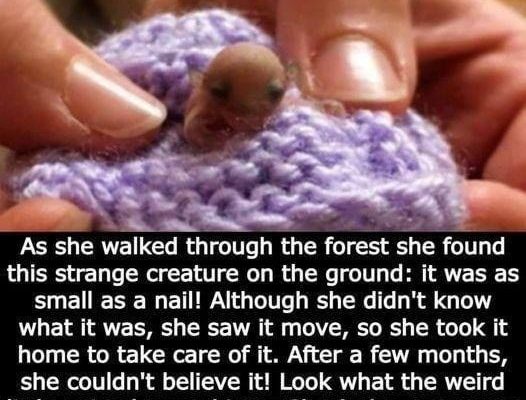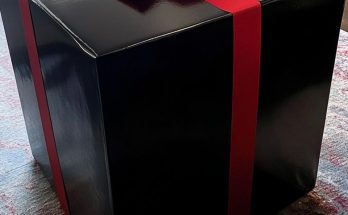A woman walking through the forest stumbled upon a tiny creature she believed was lost. As she had no idea what it could be, she decided to take it with her because she knew it wouldn’t survive on its own due to its size.
Little did she know was that the tiny creature was in fact a feathertail glider. As she didn’t know what to do, she took it to a sanctuary where it grew into a true cutie pie. The baby was named Boop and it was provided with a lot of love and care before it was resealed into the wild.
The feathertail glider is the smallest gliding marsupial in the world, named for its long feather-shaped tail.
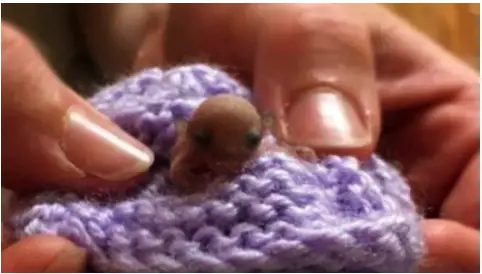
According to Wildlife Queensland, these creatures have a mouse-sized body with grey-brown fur on the back and a white underside. The distinctive tail is quill-like and hairless except for a fringe of long stiff hairs down either side that resemble a feather. Between the front and back legs they have folds of skin which stretch out when they glide, and they typically glide for 14 meters.
Their tiny feet resemble those of a frog, with the difference that they have fur instead of scales, and the huge pads on the toes, which have serrated groves underneath, enable them to climb almost anything.
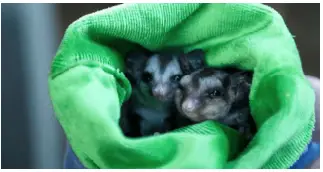
Feathertail gliders are omnivores that feed on pollen, seeds, honeydew, nectar, seeds and insects. Their tongue is long and brush-like to help grab their food. Pollen gets stuck on their fur and they eat it later, once they finish eating the rest of the food they find.
The native home of these cute-looking animals is Australia. They are mostly found along the east coast in Queensland, New South Wales, Victoria and South Australia.
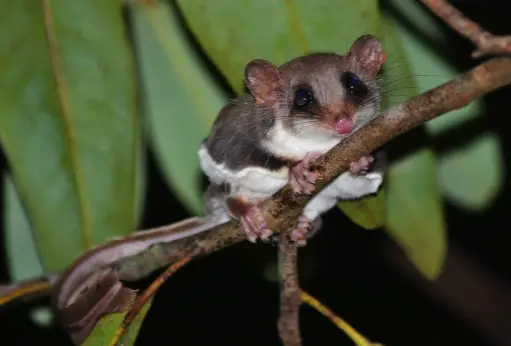
Feathertail gliders usually make their home in forests, rainforests, and woodlands, but it’s not unusual for them to live in parks and even people’s gardens. In the case of the latter, they usually settle inside phone boxes or the roofs of houses.
One thing is sure, these animals are truly unique.
Please SHARE this article with your family and friends on Facebook.
